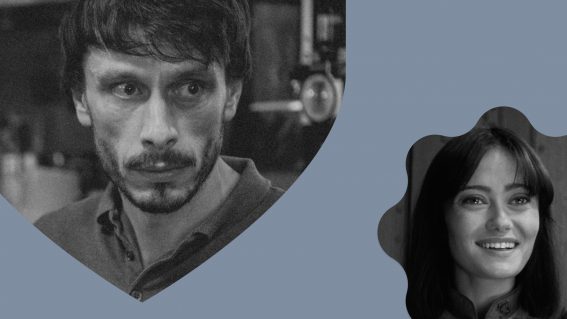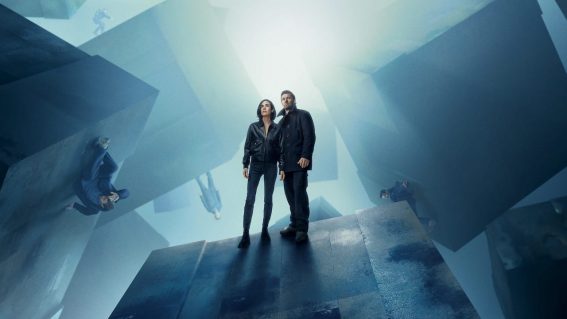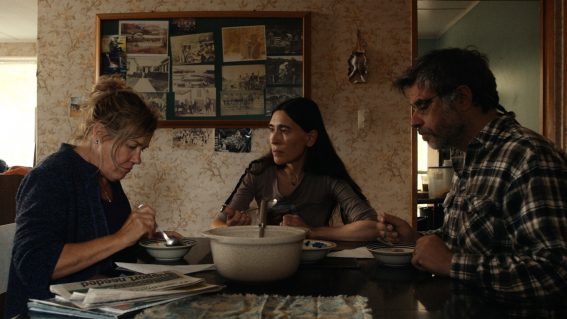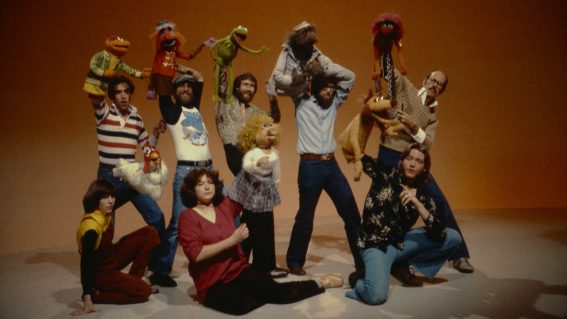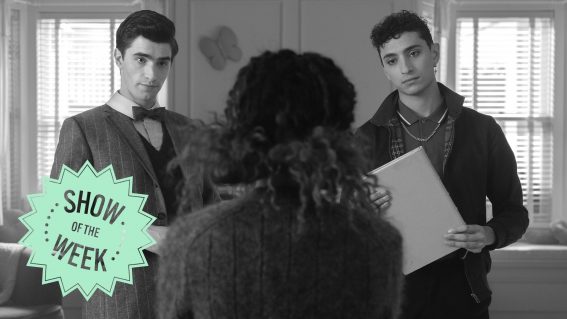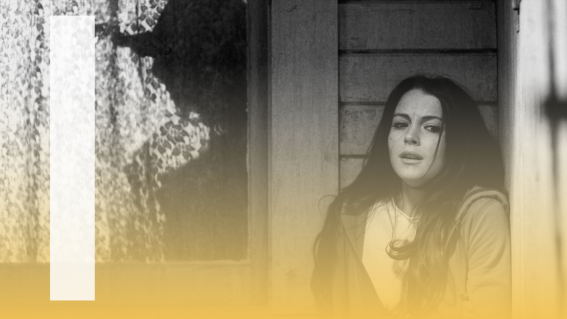The Zone of Interest is a great film – and I never want to see it again
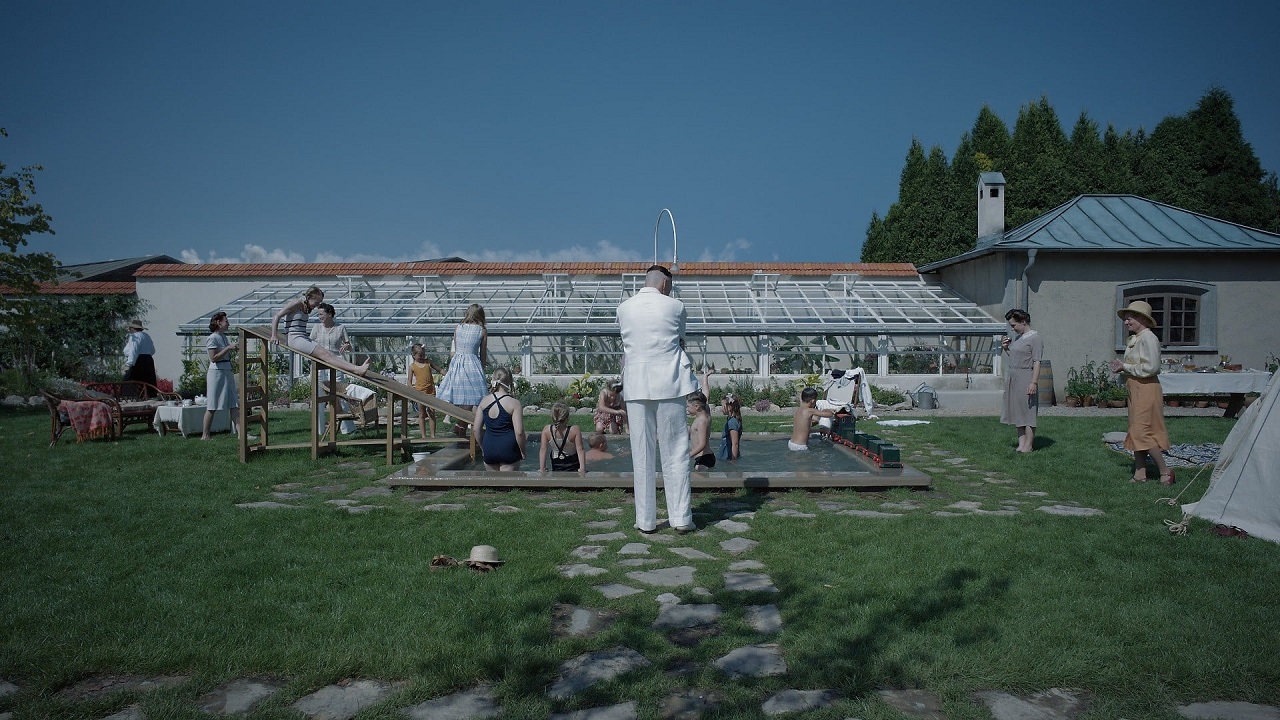
It’s hard to innovate in the WWII genre, but The Zone of Interest—which has been nominated for Best Picture at this year’s Oscars—is a terribly ingenious film, once seen and never forgotten, writes Luke Buckmaster.
There’s been so many war films, of so many kinds, for so many years, rehashing so many familiar elements, it’s easy to take the view that there’s nothing new under the sun. Then along comes The Zone of Interest, a work of gut-sinking power and originality, which takes the unorthodox step of focusing on perpetrators rather than victims—though this is only a small part of its terrible ingenuity.
Loosely adapting Martin Amis’ novel of the same name, director Jonathan Glazer generates much of its impact from a central juxtaposition that, never involving on-screen violence, is a shocking example of the power of unseen images, and an extension of Martin Scorsese’s famous description of cinema being “a matter of what’s in the frame and what’s out.” It’s not just compositions that exist outside the frame but narratives, characters, emotions.
One side of that central juxtaposition in The Zone of Interest involves the primary location: a pleasant modern home where the furniture is nice, the rooms spick and span, the drinks served on a silver platter. The garden is delightful, with a veggie patch—there’s cabbage, kale, pumpkins—plus a swimming pool, lots of lovely flowers, and don’t get me started on the greenhouse. Glazer savours its sights and sounds, cutting to close-ups of rose petals and, in one scene, capturing the tender vision of a boy and girl kissing atop a wood pile. This property would get a five star rating on AirBnB, if it weren’t for all that commotion coming from next door.
Over the fence is the other side of the juxtaposition, though Glazer’s cameras never go there: the Auschwitz concentration camp, where approximately 1.1 million people were murdered. Some have used the psychology term “cognitive dissonance” to describe the attitudes of the film’s lead characters, the Höss family, who live in this nice house, where gunshots and screams have merged with the sounds of birds trilling and bees buzzing. Its patriarch is Rudolph, the commandant of Auschwitz—who was a real person, and really did live next door.
Glazer’s team, with permission, occupied a vacant property just outside the perimeters of the former concentration camp and recreated the house the Höss’s lived in for almost four years. Real-life photographs of the family exist, including one capturing their four children merrily hanging out in that charming garden. Rudolph’s wife Hedwig (Sandra Hüller, from Anatomy of a Fall) at one point says “we’re living how we dreamed we would,” during a monlogue about how life is pretty darn grand, the way things are supposed to be. Maybe this is cognitive dissonance. Maybe it’s a total absence of empathy. Maybe it’s sheer evil.
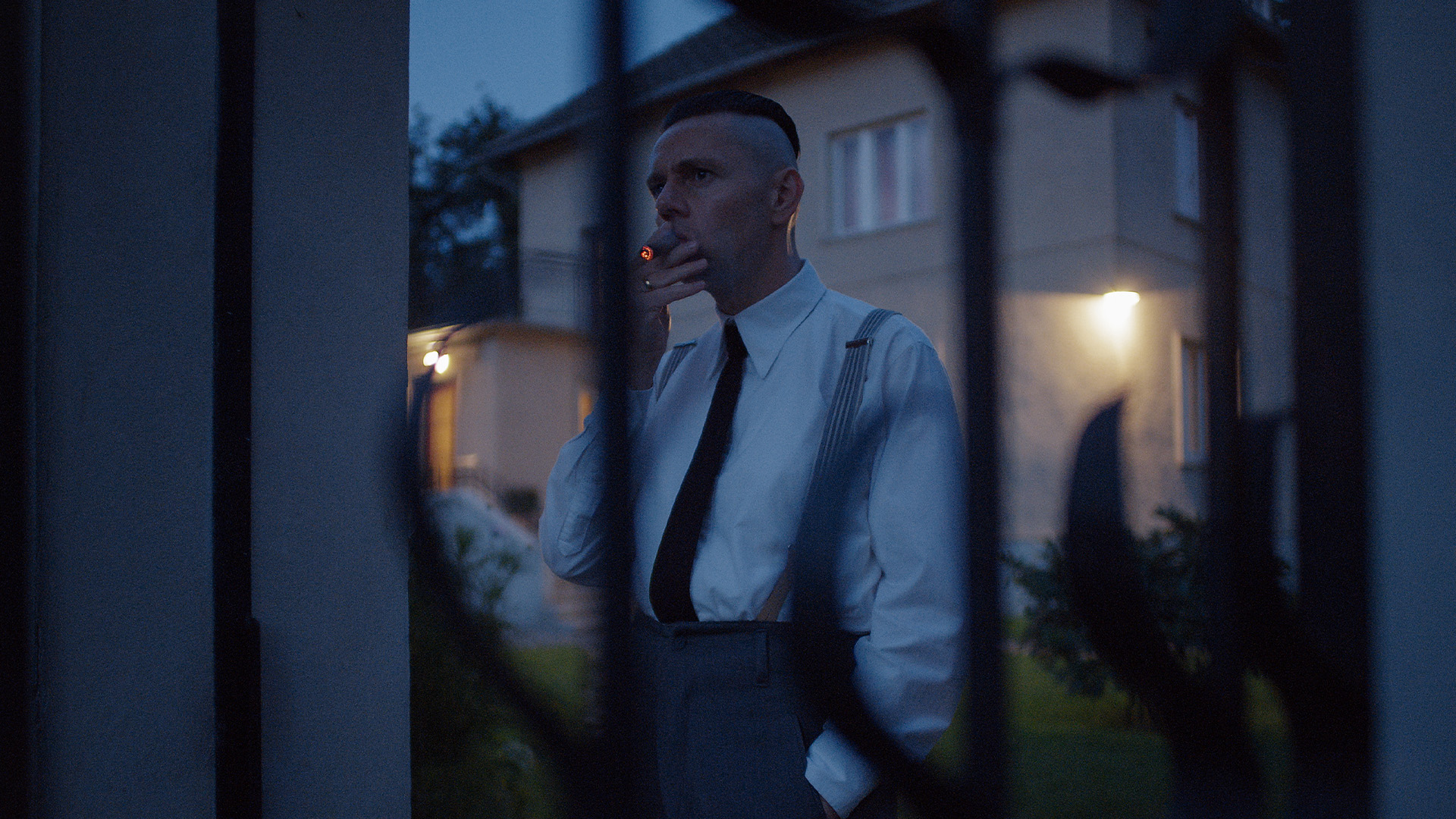
In one early scene, two men in suits enter the house, calmly and methodologically discussing with Rudolph the ins and outs of a gas chamber, as if this were a perfectly normal business meeting. In another, Rudolph puffs on a cigar as smoke comes out of a chimney next door: a simple, harrowing image that’s clung like a leech to my psyche. It’s an example of how to make a horror movie without making a horror movie; how to show something without actually showing it.
There are some surreal touches, including short scenes presented in night vision depicting a Polish girl secretly depositing fruit for inmates, and a lengthy opening “shot” that’s visually empty—consisting entirely of eerie sounds. This moment gets us tuned to the film; it gets us listening—in the usual sense, as well as in the sense that we’re on high alert, ready to absorb it visually. But really, notwithstanding these immersive flourishes, The Zone of Interest is an exercise in cold detachment, filled with still midshot-heavy compositions that reflect the director’s discipline and steeliness.
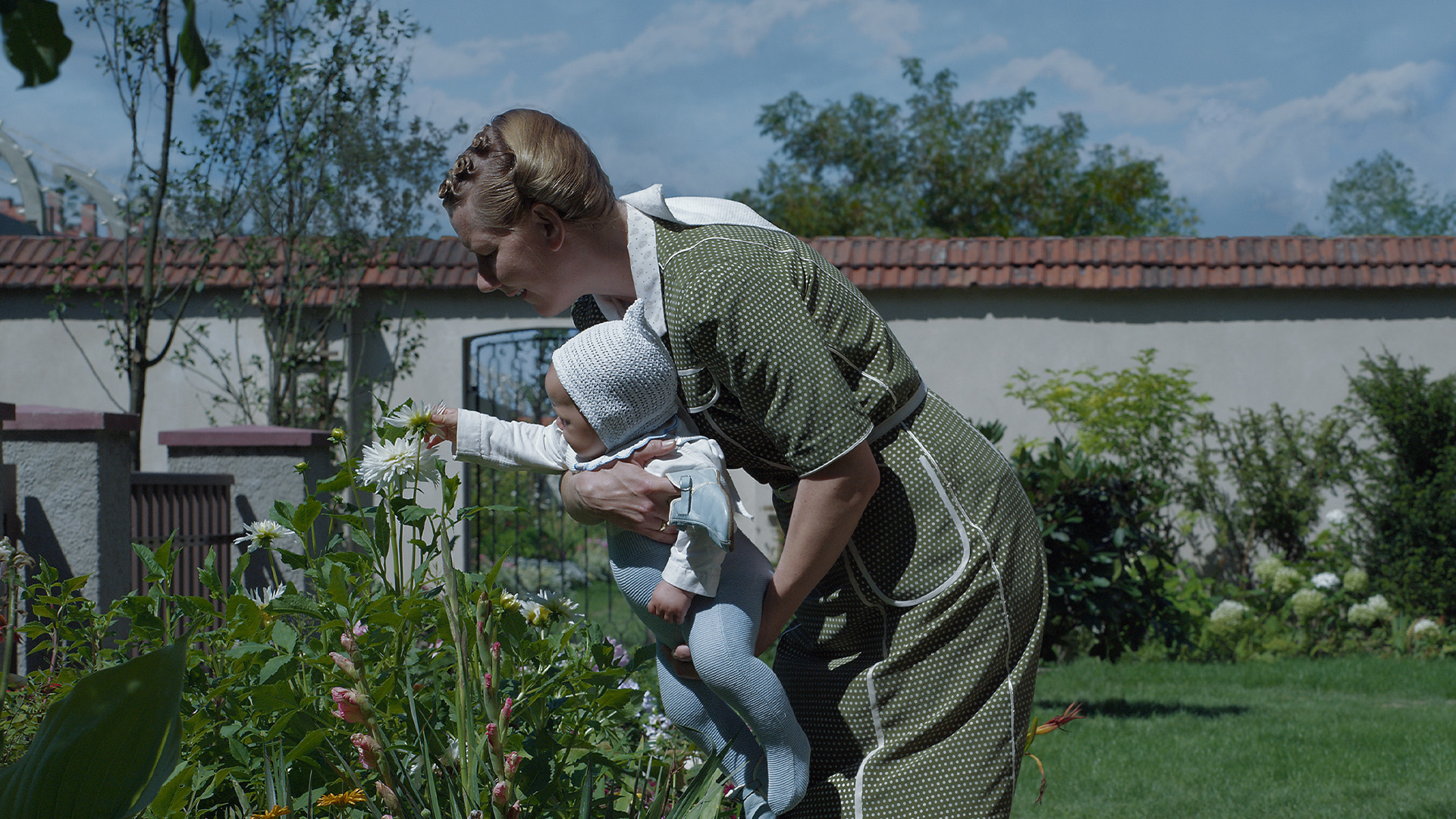
But it’d be wrong to suggest this film, intensely cerebral though it is, doesn’t have a moral centre, or that Glazer himself is dabbling in cognitive dissonance. He knows the mind’s eye can be more powerful than any manufactured visual, our understanding of what’s happening inside the camp informed by previous representations. The film’s cerebral premise hits us in the head first, but then it hits our heart. You can’t feel this film without thinking about it, and vice versa.
Other important aspects that remain “out” of its scope include any suggestion that the Höss family are “good Nazis” or ordinary people who are trapped in the system, mean no harm, just doing their thing, etcetera. Glazer instead frames the political reality they operate in as incapable of fostering goodness; there are no cracks for light to creep through. The Zone of Interest is a great movie. I can’t get it out of my mind, and I never want to see it again.





